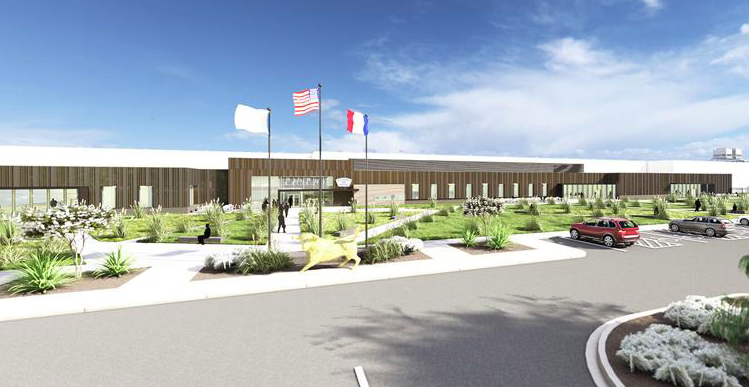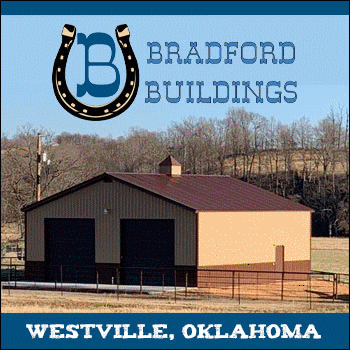Work continues on a beef processing plant in Mills County, IA that is highly praised by a company official, particularly for its co-op business model.
The $520 million plant is being built near Interstate 29 and Bunge Avenue. It will eventually employ up to 800 people and process 2,000 head of cattle per day.
“It will be a beef processing plant unique from others,” said Chad Tentinger, CEO of Cattlemen’s Heritage Beef Co.
Last June, the Cattlemen’s Heritage received a $25 million grant from the United States Department of Agriculture through a program aimed at expanding the packing industry. An environmental study of the area was among qualification requirements for the grant.
“We did a full environmental study and we just received the final okay,” Tentinger said. “Everything came back perfect.”
The company now has the permits needed and received its FONSI, an Environmental Protection Agency document, indicating that the agency believes there are no significant negative impacts on the project.
“When we received that we began clearing the site,” Tentinger said. “We’ve cleared a lot of trees.”
The engineering for flooring and the foundation is complete and about 90% finished on everything else, Tentinger said.
What makes the plant unique is its Legacy Beef Co-op business model, in which co-op member producers could own a percentage of the company and brand.
”The co-op will own a significant part of the plant,” Tentinger said. “We will create revenue through brand building.”
According to information provided by the company, the Legacy Beef Co-op would give producers access to numerous pricing advantages, including a more stable pricing model and lower expenses due to group volume purchasing.
“This is an avenue to create more family farms,” Tentinger said. “Every small rural town survives from farms around it.”
Tentinger said the plant itself could generate $1.1 billion in economic activity for that area, not to mention activity created from support businesses.
The plant will be operated with the most modern and proven equipment available.
“We will have the newest technology, and that’s a big deal,” Tentinger said. “And, we will create a family atmosphere.”
An exact date for the plant’s groundbreaking has not yet been set, though it should be this spring or summer, Tentinger said. It may take 18 to 24 months from start to finish.
The new plant is good economic news for the county and the region, according to the head of the Mills County Economic Development Foundation.
“When you have 800 people coming to work in the county, it will have a big impact for the county and the metro region,” said Andrew Rainbolt, executive director.
Other economic benefits could come from the plant as well.
“With its location, the plant could create housing opportunities for multiple communities,” Rainbolt said. “It could create diversification in farming.”
The plant could encourage other companies, ag-related or otherwise, to consider that area for their development needs, he said.
“Once they see a plant there, it would be easier for them to make an investment there,” Rainbolt said.










